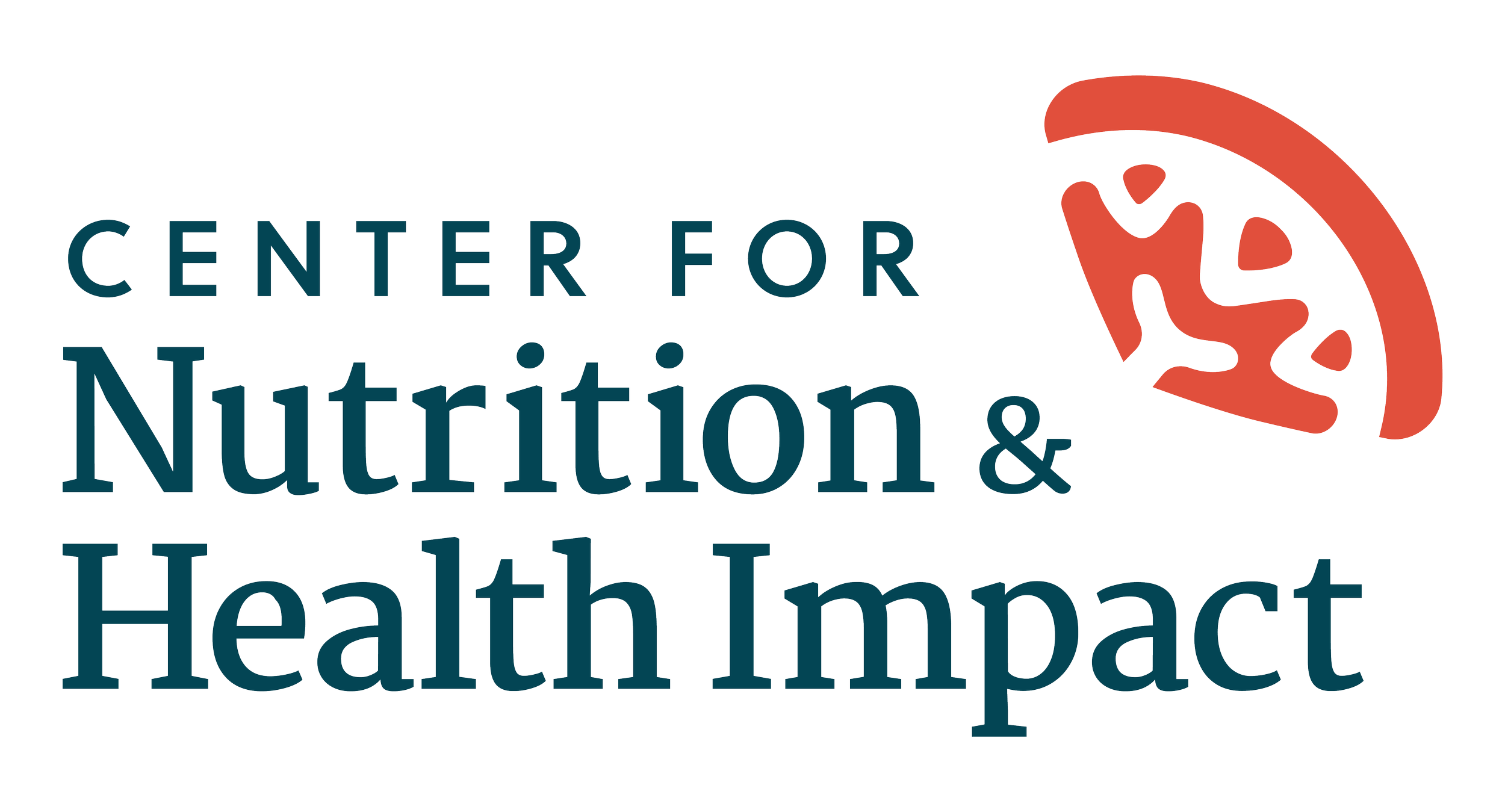Partner Feature: Gayle (Bagley) Parenteau
Partner Feature:
Gayle (Bagley) Parenteau
------- + -------
Pictured above: American Cancer Society Director of Comprehensive Cancer Control Gayle (Bagley) Parenteau
Gayle (Bagley) Parenteau earned her Bachelor of Science in public health from Rhode Island College and has dedicated her career to bettering the lives of others. After obtaining her degree in 1994, Parenteau focused on worksite wellness where she facilitated programs that met the health and wellness needs of employees and encouraged organizations to make healthier lifestyle choices collectively. During this time, Parenteau also obtained a national Wellness Coaching certification through Wellcoaches and personal training certification through the American College of Sports Medicine. After over 15 years of working in these areas, Parenteau transitioned into nonprofit public health work and started working for Public Health Departments in Maine and New Hampshire.
Today, with over 15 years of experience in public health, Parenteau is the Director of Comprehensive Cancer Control at the American Cancer Society, the only organization working to improve the lives of people with cancer and their families through advocacy, research and patient support to ensure everyone has an opportunity to prevent, detect, treat and survive cancer.
When Parenteau isn’t teaching as a certified dance instructor or dancing herself (she has danced all her life!), she loves spending time with her two sons and family.
How did you first connect with the Center for Nutrition & Health Impact?
I was first associated with CNHI through the American Cancer Society partnering on creating a Food Security Toolkit. They have been such a great professional partner to work with!
What does research show about the role nutrition and physical activity play in cancer prevention, treatment and survivorship? What nutrition challenges do patients, survivors and their families face?
An estimated 18 percent of cancer cases (almost one in five) and 16 percent of cancer deaths are attributable to the combined effects of excess body weight, alcohol consumption, physical inactivity and an unhealthy diet. Aside from avoiding tobacco, mitigating these lifestyle factors is among the most effective strategies for reducing cancer risk. For cancer survivors, the evidence, although more limited than that for cancer development, suggests that the same aforementioned lifestyle factors, such as excess body weight, physical inactivity, poor diet and alcohol intake, may increase the risk for recurrence and overall survival following diagnosis. Nutrition and physical activity recommendations established recently by the American Cancer Society for the primary prevention of cancer are broadly relevant to survivors undergoing treatment or post-treatment.
Some lifestyle challenges patients, survivors, and their families face are:
Achieving a healthy weight throughout life and their cancer journey
Following a healthy eating pattern across the lifespan
Being physically active
Not drinking alcohol
Ability to establish food security
How are food security status and cancer connected? How does this link impact people with cancer, survivors and their families?
Higher prevalence of cancer cases and cancer deaths in the U.S. are correlated with low food security. Communities with lower food sovereignty, defined as the ability to grow, harvest, process, distribute, and consume your own food, tend to have higher death rates from obesity-related cancers.
Additionally, for patients with low food security, a cancer diagnosis poses unique challenges. 50 percent of patients face economic burdens associated with a cancer diagnosis and treatment—this is known as financial toxicity. For example, many patients and their families lose their jobs and/or work fewer hours due to frequent appointments. At the same time, they must deal with competing demands specific to cancer care, such as travel costs for oncology appointments, appointment copayments, medication and potentially more expensive dietary requirements.
This decrease in income and increase in expenses can lead to low food security as households with limited financial resources are forced to make trade-offs between food, housing, transportation and healthcare. A cancer diagnosis can significantly increase personal stress due to low food security, coping strategies, chronic disease, healthcare expenditures, difficulty in finding work and limited household income. People with cancer who experience low food security are significantly more likely to skip or delay prescription medications or quit therapy due to the high expenses.
What’s more, people undergoing cancer treatment are vulnerable to risks associated with low food security and inadequate nutrition. For example, they can experience immunosuppression, infections and impaired postoperative healing effects. Low food security is also associated with lower quality of life and poorer health outcomes because of lower treatment adherence, care delays, cost-related medication underuse and high weight/obesity - all these factors can increase cancer risk.
Why is this work important to you personally?
This work profoundly affects me personally as the town I grew up in has limited access to nutritious foods. Every time I drive through, I think that community members and cancer survivors probably do not have their nutritional needs met. It makes me want to work harder to spread the word through education, such as the Food Security Toolkit.
Do you have any food rituals, habits or philosophies for your personal life that you would like to share?
Exercise or movement is vital to a long life. My father is active on his bike and gardening, and he is 93 years old and going strong!

